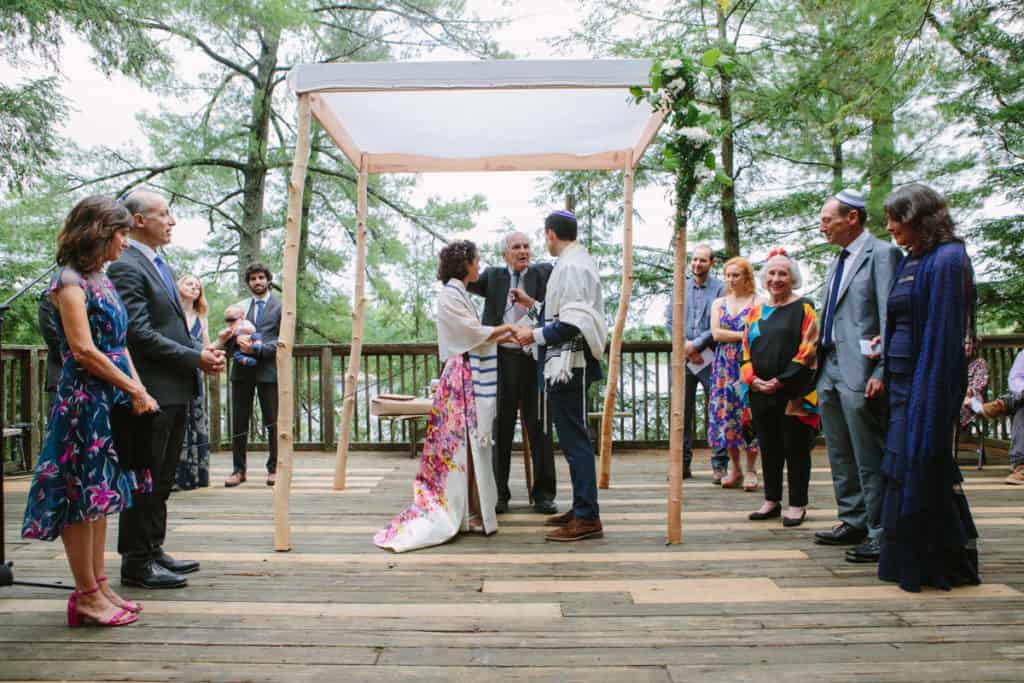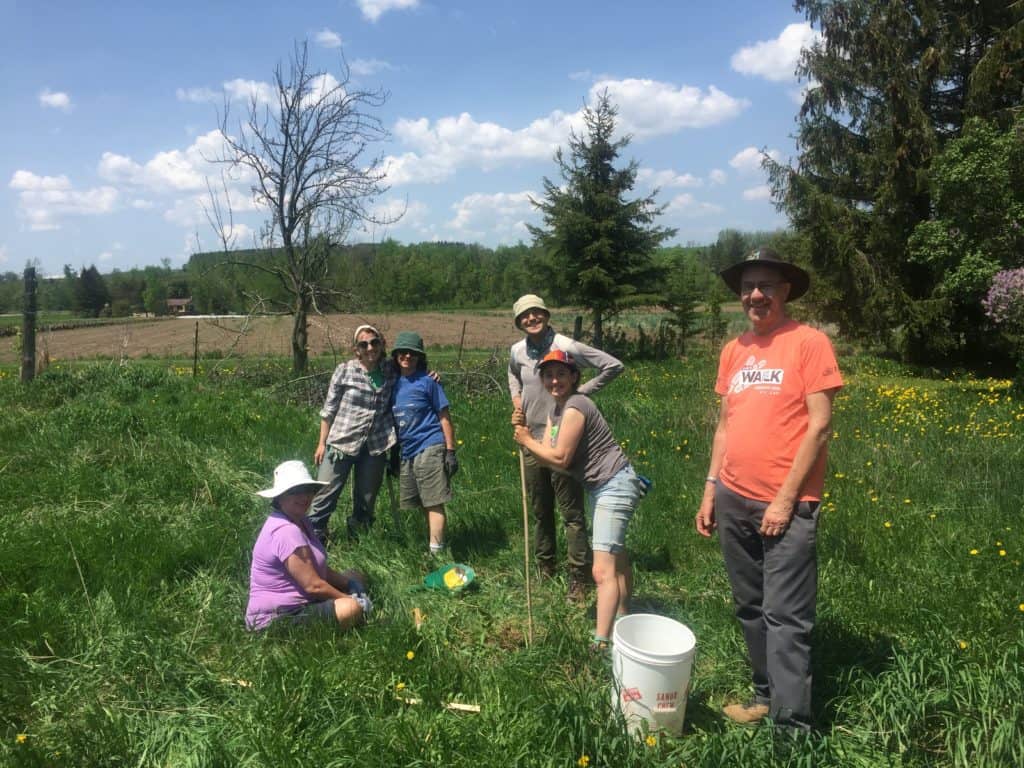by Jared Kaminsky, Shoresh
Parshat Vayechi
In only 3 short months, I’ll be turning 30 years old! I was recently married, and purchased a home, and feel that I have made a massive leap into adulthood. I will one day, G-d willing, start a family and have children of my own. It will be my responsibility to pass on teachings to my children (and grandchildren) that reflect my values.
This is a HUGE responsibility! They will see me as a guide and role model for how to act in the world. What will I share with them? What type of father, grandfather, neighbour, and citizen will I be in their eyes?
In this week’s parsha, Vayechi, Jacob is nearing the end of his life and he decides to pass on his final wishes and blessings to his own family. He asks his son Joseph to bury him in Israel. He also blesses Joseph’s sons Ephraim and Manasseh elevating them to be considered his own sons and heads of tribes one day within Israel.
In addition, Jacob provides individual blessings to the rest of his sons, each of whom will be leaders among their tribes.
My grandfather is one of the elder statesman of our family and passes on his own blessings to his progeny. Recently, I visited my grandparents in Buffalo for American Thanksgiving. This trip is always a highlight of my year. My grandparents open their home to our whole extended family and create a warm, welcoming, loving environment.
My grandfather has provided guidance and teachings to all of us grandchildren passing on his (and my grandmothers) values. One of our family Thanksgiving traditions (which includes a game of poker where we all wear funny hats) is to go around the table and share something for which we are grateful. This is followed by my grandfather standing over his progeny and reciting the Cohen blessing:
The LORD bless you and protect you!
The LORD deal kindly and graciously with you!
The LORD bestow His favor upon you and grant you peace!

The author’s grandfather, Dr. Len Katz, giving the Cohen blessing to he and his bride at their wedding | photo: Jocelyn Reynolds
As we learn in this parsha, the tradition of blessings your descendents was practiced by our forefather Jacob. Each of Jacob’s sons have different character traits and work responsibilities. For example, Simeon is a school teacher, Gad is a soldier. The sons receive blessings according to their work or character.
Notably, five of Jacob’s sons have roles connected to the land and agriculture. For example, Asher’s blessing is for an abundance of olive oil, and Judah was blessed for an abundance of wine and milk. I feel that my role both personally and professionally is to be a responsible steward of the natural world. I will pass on these values to my future family so we are protecting the world for generations to come. I am guided by the by Jewish values of L’ovdah u’l’shomrah (to work and protect), Kehillah (community), and Tzedek, tzedek, tirdof (justice, justice you shall pursue).
I put my values into practice by working for Shoresh Jewish Environmental Programs. At Shoresh, we educate, inspire, and empower our community to be shomrei adamah. We are working to create a healthier, greener future. In 2017, we planted 11,000 trees at Bela Farm creating a forest for the future that will provide valuable animal habitat, clean air, and a beautiful native forest that will root our community in our local green spaces for generations to come.

Planting the forest for the future at Bela Farm, Shoresh’s home for land based Judaism | photo:Sabrina Malach
My plea to you is to be shomrei adamah, protectors of the earth, and pass on these values and teachings to your children and your children’s children.
Jacob was a leader in his family who made a difference and impacted his children lives. We all have the responsibility to repair the world and must act NOW!
Jared Kaminsky is the Director of Program for Shoresh Jewish Environmental Programs in Toronto, ON. He spends his weekends wandering deep in the forests of Ontario. He is passionate about working to further Shoresh’s mission to educate, empower, and inspire our community to embrace our role as, Shomrei Adamah, protectors of the earth. Read his full bio here.
—
Editor’s Note: Welcome to D’varim HaMakom: The JOFEE Fellows Blog! Most weeks throughout the year, you’ll be hearing from the JOFEE Fellows: reflections on their experiences, successful programs they’ve planned and implemented, gleanings from the field, and connections to the weekly Torah portion and what they’ve learned from their experiences with place in their host communities for the year. Views expressed are the author’s and do not necessarily represent Hazon. Be sure to check back weekly!




Comments are closed.